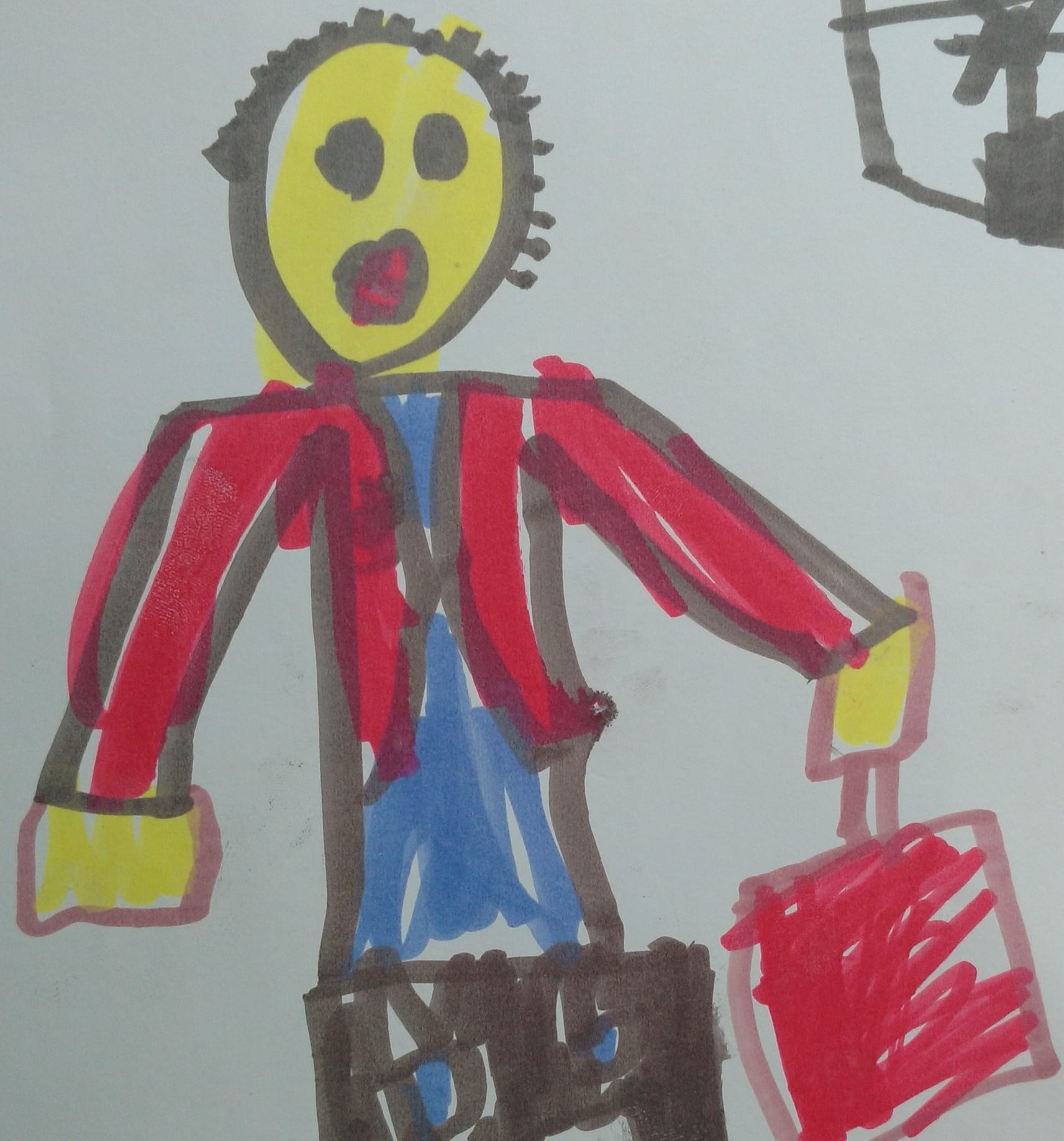Stealth sexual harm
- Miranda L. Galbreath, MA, MA, LPC

- Aug 1, 2021
- 3 min read
Updated: Nov 2, 2024

What are some of the ways that sexually harmful behavior flies under the radar in our day-to-day lives?
What I want us also to be thinking about here are things that might not fall under the umbrella of what we typically think of as “violence,” and yet are also potentially sexually victimizing and/or harmful. Sometimes when we use the word “violence,” we lose track of the full spectrum of thoughts, beliefs, words, and actions that can do sexual harm, or be sexually victimizing. We can be thinking about paying attention to how the expressed beliefs, thoughts, words, and actions of ourselves and those around us can contribute to moving us closer to, or further away from, sexually harmful or victimizing behavior.
For example, we can be paying attention to the “locker room talk” or “boys will be boys” type banter and tolerance for those types of attitudes. We can be paying attention to rape jokes, sexist comments, stereotypes about folks of particular genders, beliefs or statements rooted in toxic masculinity, racism, homophobia, transphobia, etc. Those are all things we can have on our radar and address as part of the spectrum of sexual violence.
I make it a practice of addressing these things in my treatment groups for men who have committed sexual offenses as soon as they come out of a person’s mouth. I’ll stop the whole group, and ask folks to guess why I might have stopped it. They rarely disappoint me. They know. Generally at least one person in the group is able to point out why the language or attitude or belief expressed is sexually harmful. Generally it takes a few times on a particular word or comment before people get the hang of adjusting their thinking, and they all get skilled at calling each other out.
One of the most frequent examples of this that comes up in my treatment groups is the idea that women and girls are “crazy,” and to blame for whatever it is that a man has done to her. This comes up frequently when the men in my groups who have relationships with women talk about their partners and spouses. Very rarely are they describing those women fondly. If I had a dollar for every time I heard one of my group members say the phrase “my crazy ex,” I’d be a rich woman. Incidentally, I have never once heard a man in one of my groups talk about his male or nonbinary romantic or sexual partners this way.
This belief that women are naturally crazy and unstable absolutely saturates my groups, and we spend a lot of time on it. And when we really get into discussing what these guys MEAN when they say “crazy,” generally what it means is that a woman is not doing what they want. Or a woman is setting boundaries. Or a woman is expecting to be treated with respect. Or a woman is not putting up with their crap. Or a woman is reacting to the man’s abusive behavior. Or a woman has reported their criminal and/or abusive behavior.
It’s an uphill battle to help these guys understand how their own thoughts, beliefs, feelings, and behaviors about women are contributing to their problems. These beliefs make it hard for them to have a healthy relationship that helps them meet their emotional needs. And it’s hard for them to see how their beliefs about women, and relationships with women, contributed to moving them closer to sexually offending.
Again, this is just an example of the kinds of things we can be thinking of as part of the spectrum of sexual violence or contributing to sexual violence that we can watch for and potentially address in our day-to-day lives. Noticing and making adjustments to these patterns of thinking, speaking, and behaving is another way we can all move closer to a culture of sexual safety.



